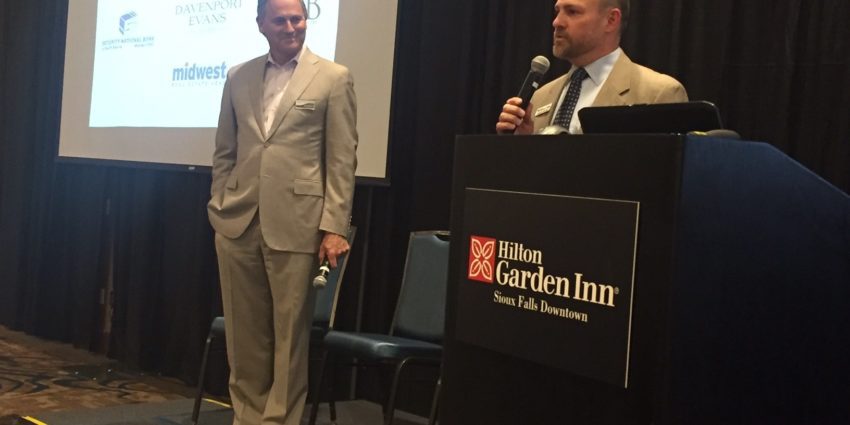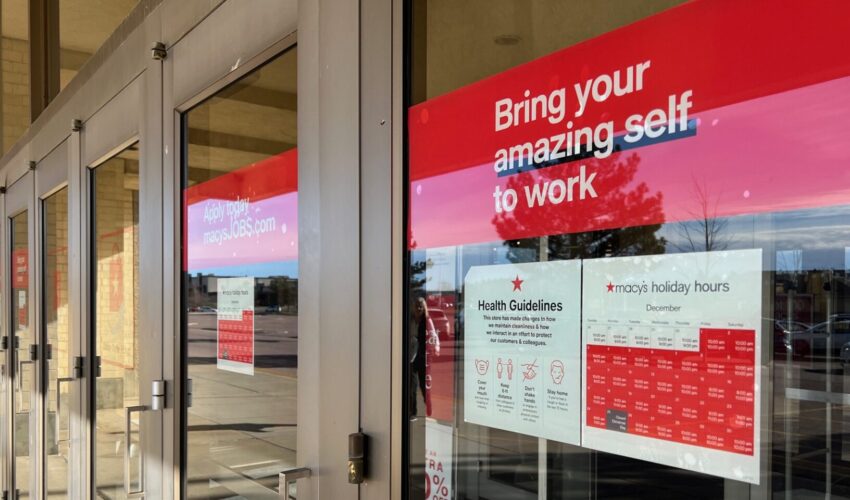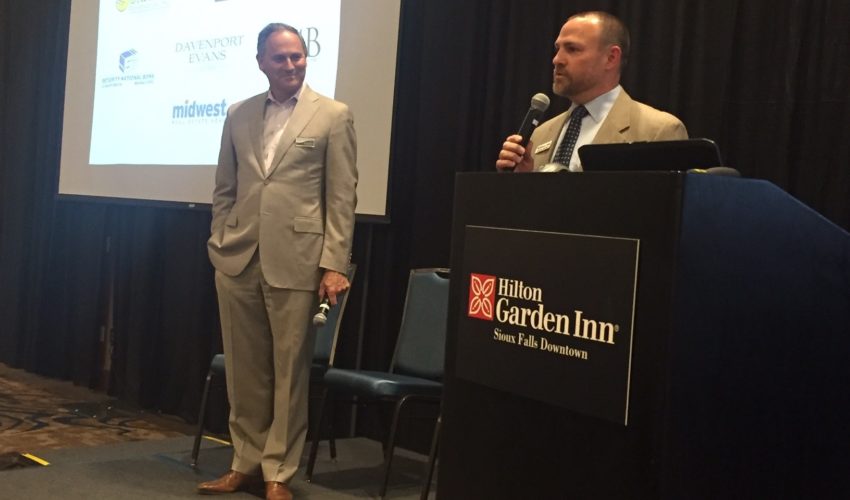Jodi’s Journal: Rethink who you call competition
By Jodi Schwan
As a reporter, if I ask a lame question, I deserve a less-than-compelling answer.
That’s probably why I’ve never tried to bait one health care organization in this town into saying something bad about the other one.
Those questions don’t really lead anywhere but to canned answers at best and cattiness at worst.
In less-guarded moments, though, leaders at both our large health systems have given me terrific insight into how they view their counterpart across town. I think it’s changed over the years – and for the better.
I’m paraphrasing, but this is basically what they have said to me at various times in the past few years.
“You could have the most capable CEO there ever was, and it would barely move the market,” one executive told me. “We are essentially at equilibrium. We need to focus on what it is that we (as an organization) are going to become.”
“People think all we do is worry about what the other guy is doing,” a leader at a different system told me. “I don’t think much about what they’re doing. But I think a lot about what Walgreens is doing or what Target is doing. These are the competitors we need to be watching.”
I enjoy covering the growth of our health systems, in part because this is how they think. I’m not saying they don’t compete in certain arenas – and, ultimately, I think that has increased the quality of care for all of us – but it doesn’t consume them.
I try to take the same forward-thinking approach in my own industries, and I’d challenge you to do the same.
I am running a hybrid of a media and a marketing company, which technically means I compete with all kinds of organizations.
I’m aware of it peripherally, but it’s not top of mind. I often go a day or two without looking at what other news organizations have produced. In conversations with prospective clients, I don’t compare what we do to what other marketing firms offer because I think my value proposition is unique enough that it stands on its own.
My approach isn’t because I lack a competitive nature. I’m inherently very competitive, and I would say those health care leaders I quoted are, too.
But that sort of competitiveness comes more from a mindset and a drive to be an industry leader, not so much at the expense of anyone else but because of an internal focus on innovation and trying to set the proverbial bar higher. I hate to get “beat” as much – probably more – than most, but I’ve also adjusted my definition of what it means to win.
Yes, you have to be aware of what others in your industry are doing. But I suspect it’s far more important to be aware of your audience or your customers – and to be more aware of them than your competition is.
With my news products, I often remind myself that my real competition doesn’t just come from what other news outlets produce. It comes from everything else in your social media feed or in your inbox or in your web browser bookmarks. We all have only so much space in our lives for consuming content. It’s up to me to make sure mine is compelling enough that you consume it despite your other options.
I received validation of this recently from Steve Wozniak, the co-founder of Apple, who spoke at the retail conference I attended in Las Vegas.
“I don’t think about other manufacturers like Apple,” he said when asked about his industry. “I think about consumers using Apple products.”
I’m convinced that’s what allows innovation to occur and what ultimately leads to competitive differentiation.
And shouldn’t that be why we got into our businesses in the first place? To provide better products and services to our marketplace?
Of course, not everyone approaches it like this. I have observed ugly competitors, and I’ll bet you have, too. I usually see them achieve some quick wins, some short-term gains and a lot of damaged relationships.
Fortunately in Sioux Falls, we don’t see too much of this. Quite the opposite, actually.
I enjoyed moderating a panel discussion this week as part of the inaugural Sioux Falls Economic Trends Summit.
It was co-organized by brokerage firms NAI Sioux Falls and Bender Commercial Real Estate Services.
These firms are competitors, and when I heard they were partnering on this event, I immediately agreed to be involved. I wish we saw more of that in Sioux Falls.
We met for a preparation session before the summit, and it was refreshing to see these competitors readily exchanging their perspectives on our market as neither one jostled to gain more credit or visibility for what we were doing.
The fact is there are very few unilateral market leaders. Most of us have competition – sometimes from places that aren’t that obvious – and it’s a healthy thing. It’s one more factor that can push us to build better businesses or become more competent professionals.
But becoming a market or organizational leader, or changing the way an industry can operate, never happens if your focus is on what another business or individual is doing. It all goes back to connecting with the end user. That’s the battle we really have to win.








